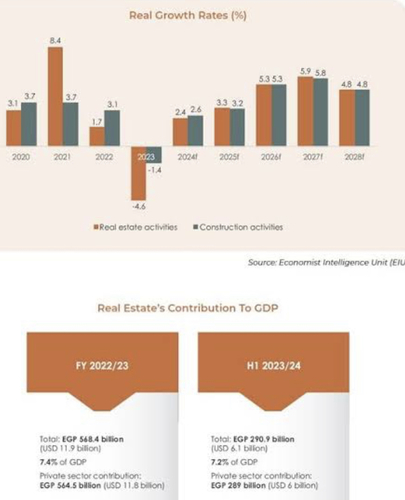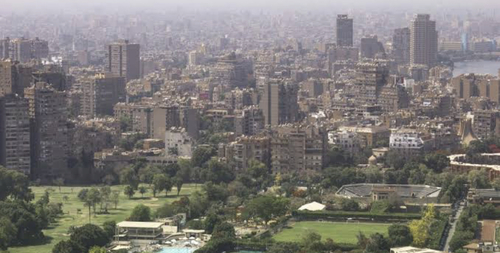

Egypt, a country with a population exceeding 110 million, faces pressing challenges in infrastructure, urban development, and public services. With the majority of its population concentrated in the narrow Nile Valley and Delta, urban congestion, decaying infrastructure, and inadequate public services have become persistent issues—particularly in Cairo, one of the most densely populated cities in the world.
Over the past two decades, the Egyptian government has launched several ambitious infrastructure projects aimed at reshaping urban life. Notable among them is the construction of the New Administrative Capital, located about 45 kilometers east of Cairo. This mega-project is designed to ease congestion in Cairo and to centralize government institutions in a modern, planned city. However, critics argue that such developments often benefit the elite, leaving behind the densely packed informal settlements where millions of Egyptians still lack basic services such as clean water, proper sanitation, and reliable electricity.
Public transportation is another area of concern. While Cairo has one of the few metro systems in Africa, it is overburdened and underfunded. Traffic congestion and pollution from outdated vehicles continue to affect air quality and productivity. Investment in electric buses, railway upgrades, and smart traffic systems has begun, but implementation has been slow and uneven.




Comments (0)